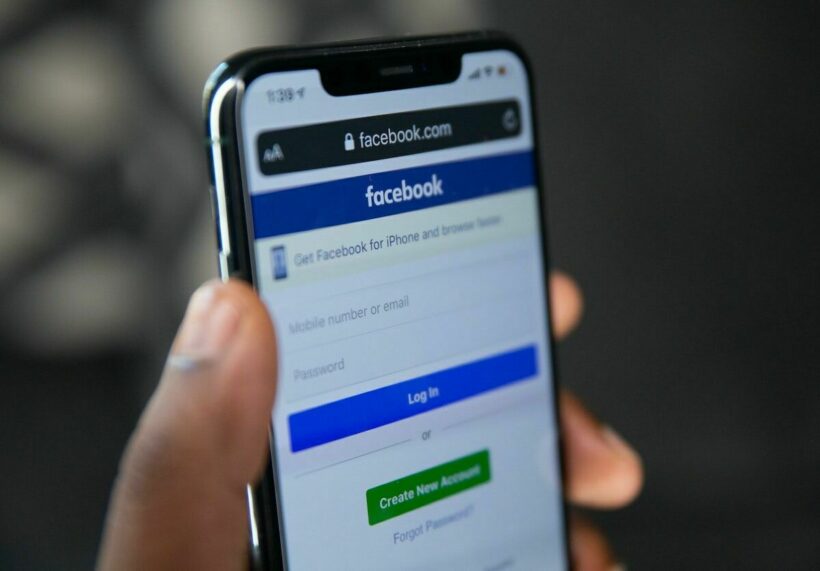Amateur crime sleuths warned they could be prosecuted for breaking PDPA

Amateur crime sleuths have been warned they could be prosecuted under the Personal Data Protection Act despite their good intentions.
Chaiwut Thanakamanusorn, head of the Ministry of Digital Economy and Society, urged the nation’s unofficial detectives against posting video clips or pictures of others on social media, regardless of their good intentions, as it may violate the PDPA.
A new PDPA law was introduced on June 1 which carried the threat of a 1 year jail sentence and 5 million baht fine for anyone breaking it. But there are some grey areas.
Chaiwut acknowledged it is legal for people to photograph or film criminal acts as it could help in the prosecution of those breaking the law, but says posting the evidence online could also violate the law.
“People can send pictures or videos to the police, but they are not allowed to publish them online. People who appear in the content can file legal charges against the camera user.”
On Thursday a well-intentioned women took a video of a man assaulting his girlfriend in front of their apartment and posted the violent act online. The video went viral. The woman also reported the assault to the police.
Unfortunately, the woman’s honorable intentions backfired. The man in the video threatened to file charges against her, while his girlfriend demanded the woman delete the video because she feared her parents might become aware of the incident.
The couple are well known to residents in the neighbourhood for their volatile relationship, and on Thursday an argument kicked off between the pair because they had been drinking at a nearby pub.
The couple later appeared on the Hone Krasae TV programme, where they admitted the incident might have been worse if bystanders had not intervened. But they insisted on their privacy and wanted the video to be deleted from social media.
Paiboon Amonpinyokeat, at the National Cyber Security Centre, revealed the PDPA protects the man in the video as the publication of such content without his permission is prohibited.
“Filming wrongdoing is allowed, but the images cannot be posted online. That is illegal.”
SOURCE Bangkok Post
Latest Thailand News
Follow The Thaiger on Google News:


























